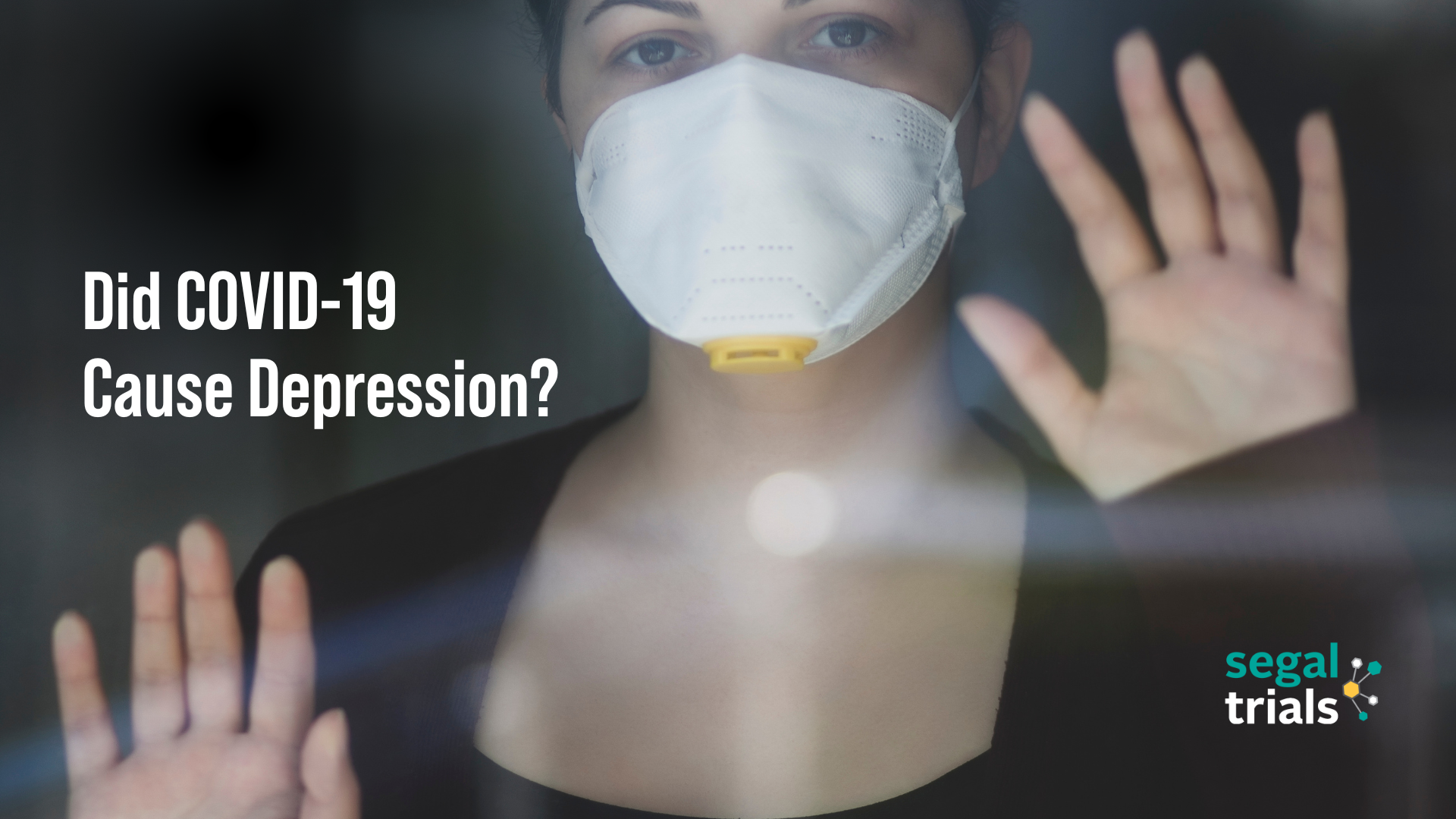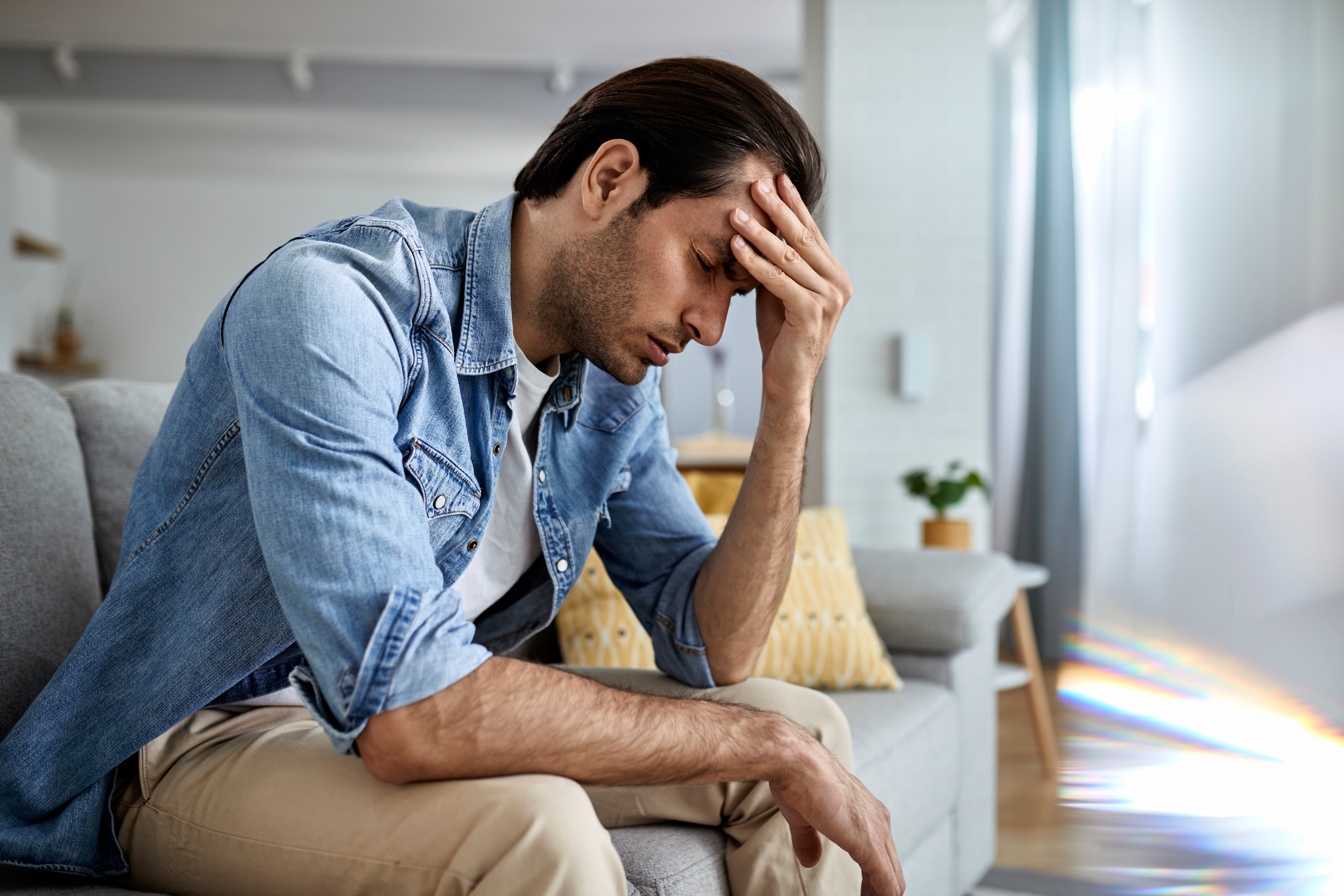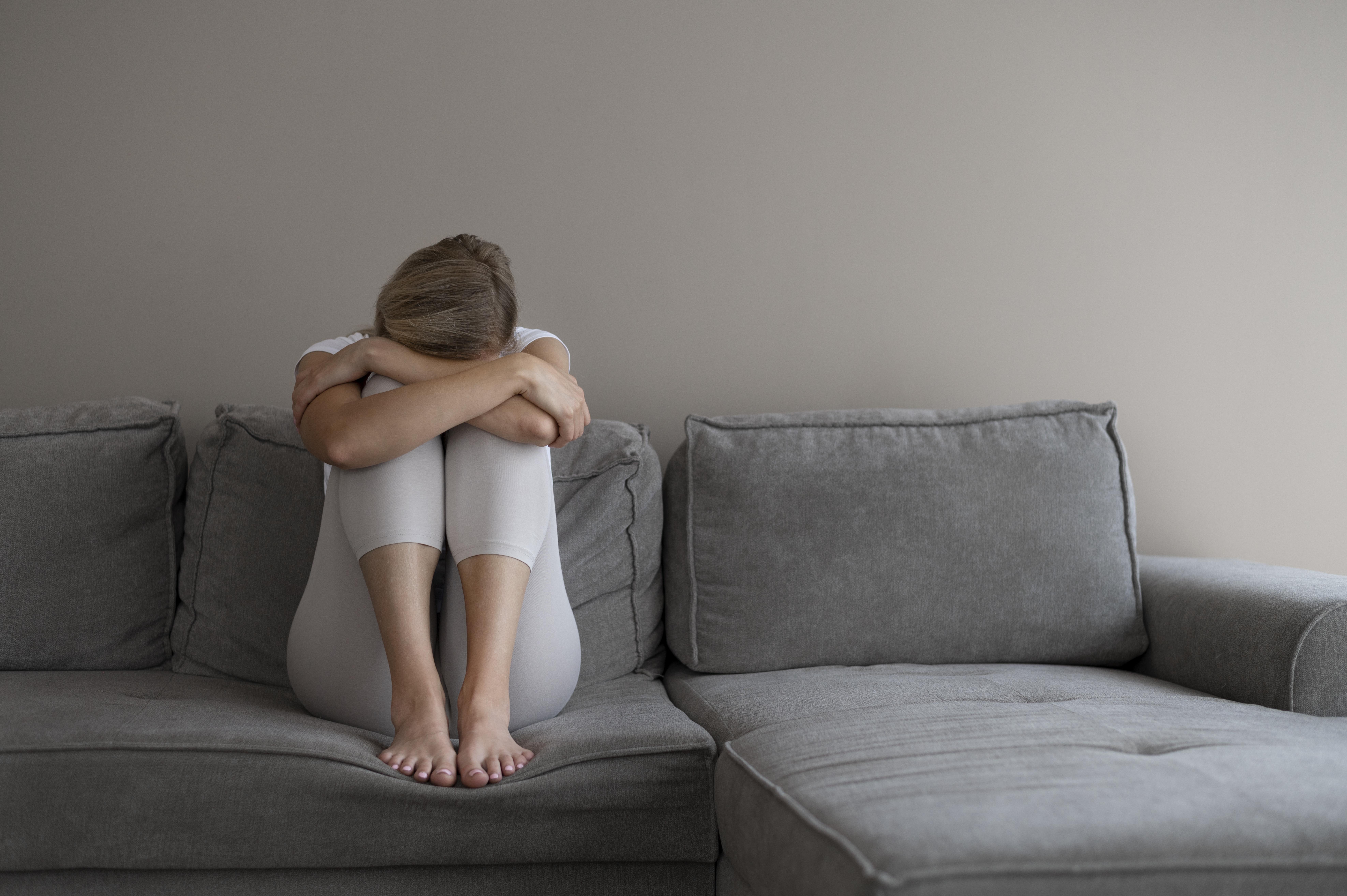The Continued Impact of COVID-19 on Depression in 2023

Exploring how the lingering effects of COVID-19 in 2023 further influence depression rates and mental health challenges.
The Rising Tide of Depression in a Post-COVID World
Since the onset of COVID-19, depression rates have seen a significant uptick globally. While the surge in isolation due to the pandemic is frequently cited as a prime factor, it's essential to understand that isolation is merely a facet of a broader tapestry. We connected with the Board Certified Physicians at Segal Trials to delve deeper into the intricate nexus between COVID-19, global mental health, and the escalating feelings of isolation.
Unprecedented Surge in Global Depression Rates
In the face of momentous losses, an omnipresent threat of infection, and the daily challenge of navigating a changed world, humanity has experienced collective trauma. The World Health Organization (WHO) has noted a staggering 25% increase in anxiety and depression worldwide in the first year post-COVID. This significant upswing, although alarming, is an anticipated reaction. As highlighted by the physicians at Segal Trials, it's not unusual for individuals who've endured traumatic events to manifest symptoms of depression. In clinical observations, as many as 75% of PTSD patients concurrently suffer from depression or another mental health disorder.
Moreover, WHO's study elucidates that young individuals and women have a heightened vulnerability to suicidal or self-harming tendencies. Board Certified Physicians at Segal Trials, with their vast experience, corroborate this. Before the pandemic, mental illness affected a relatively small 5% of children. That number has now quadrupled to 20%. The added pressures on women, particularly mothers, have been palpable. In addition to their professional responsibilities, they've had to shoulder the roles of educators, caregivers, and more, leading to mounting stress, especially in economically strained households.
Is It Just Social Distancing or a Deeper Isolation?
At our core, humans thrive on connections - with family, friends, and the community at large. The mandate for social distancing, crucial as it was to curtail the virus's spread, also cast a long shadow on mental well-being. A preliminary study from the Harvard Graduate School of Education indicates a concerning 43% spike in loneliness among young adults post-pandemic.
Such isolation can exacerbate depression symptoms, leading to disturbances in sleep patterns, eating habits, and even inclinations towards self-harm. Individuals with pre-existing depression found their natural tendencies to withdraw from social interactions further entrenched by the pandemic. The human brain, while desiring isolation during stress, paradoxically also craves social connection for healing.
Navigating Depression Amidst Growing Isolation
The tandem march of the pandemic and the rise of remote work raises concerns about escalating isolation and depression. However, there are ways to combat these challenges.
Recognizing one's propensity for social withdrawal is the first step. This self-awareness can pave the path to understanding triggers and subsequently mitigating them. Engaging with professionals or leaning on one's support system can be invaluable. If you or someone you know grapples with depression, please reach out. Segal Trials, with its esteemed board of physicians, offers a plethora of options, including online consultations, in-person visits, and pioneering clinical research trials focused on potential mental health treatments, encompassing major depressive disorder.
This just in from a recent article COVID and mental health conditions
The U.S. Department of Health and Human Services in June issued an advisory warning that long COVID can have "devastating effects on the mental health of those who experience it, as well as their families," stemming from the illness itself, social isolation, financial insecurity, caregiver burnout and grief. It has been linked to fatigue, sleep disturbances, depression, anxiety, cognitive impairment and post-traumatic stress disorder, among other conditions.
"Depression is the most prominent symptom we see," said Dr. Jordan Anderson, a neuropsychiatrist and assistant professor in the department of psychiatry and neurology at Oregon Health and Science University in Portland.
Diagnosing depression in someone with long COVID takes a more nuanced approach than diagnosing the condition in the general population, Anderson said. That's because symptoms often associated with depression – such as sleep disturbances, fatigue, changes in appetite and concentration – also are associated with long COVID.
Conclusion
In an increasingly isolated world, compounded by the ramifications of COVID-19, remote work, and social media, vigilance against the onslaught of depression is vital. Fortunately, there are avenues available, from personal self-awareness to professional assistance, to ensure no one has to navigate these challenges alone.
Explore our current clinical trial for MDD to learn more.
Reference: Understanding the link between long COVID and mental health conditions | American Heart Association




